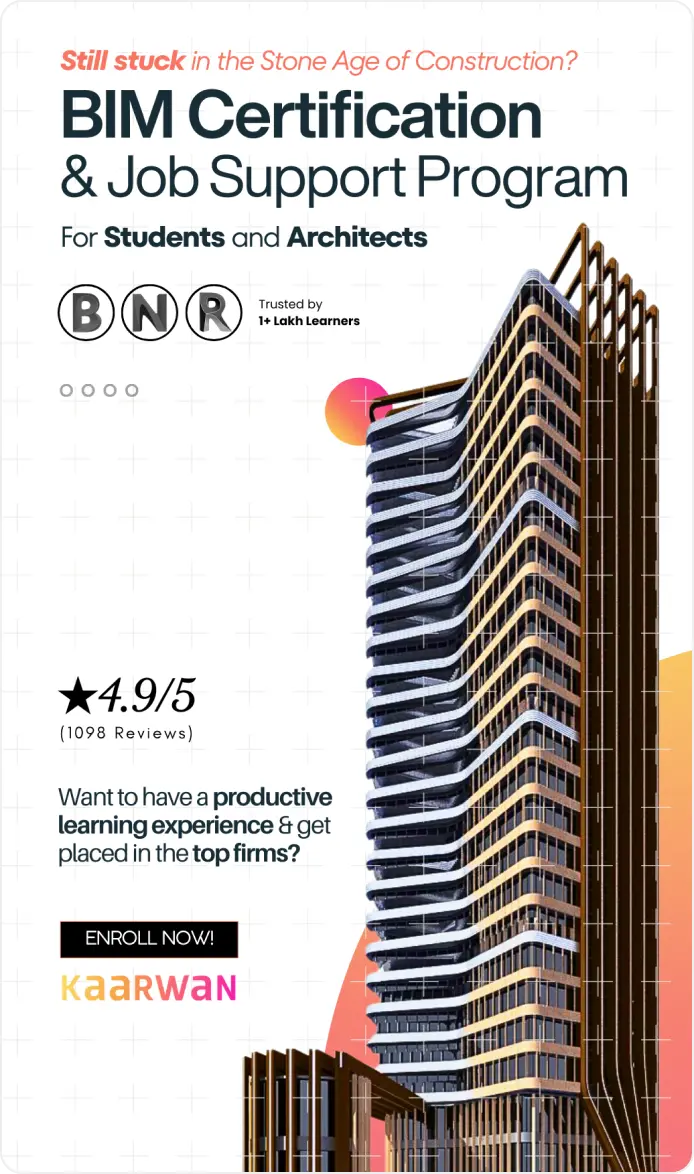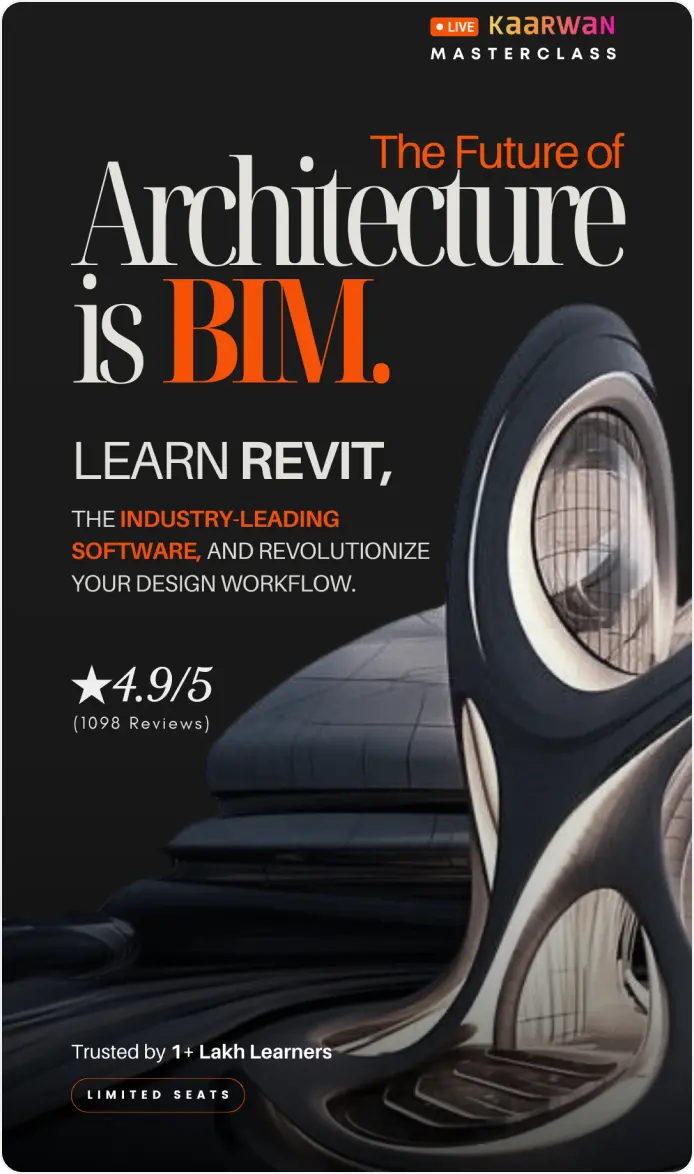The integration of artificial intelligence (AI) in architecture has sparked a contentious debate within the industry, pitting proponents of its potential as a valuable tool against skeptics who view it as a looming threat to traditional design processes. However, it's essential to recognize that the discussion surrounding AI in architecture is nuanced, with both opportunities and challenges at play. While AI undoubtedly presents avenues for innovation and efficiency, it also raises concerns regarding its ethical implications and the preservation of human creativity in architectural practice. This article aims to delve into the multifaceted role of AI in architecture, highlighting the need for architects to adapt to emerging technologies while safeguarding the core principles of creativity and ethical conduct.
Understanding AI in Architecture
In the context of architecture, AI encompasses a broad spectrum of technologies and algorithms aimed at augmenting the capabilities of architects and design professionals. Beyond mere automation, AI enables architects to analyze vast amounts of data, extract meaningful insights, and make informed decisions throughout the design and construction process. From conceptualization to realization, AI serves as a powerful ally, offering computational support and facilitating the exploration of innovative design solutions that may not be readily apparent through traditional methods alone.
AI's Impact on Architecture
Revolutionizing Design Processes:
AI-powered design tools represent a paradigm shift in architectural practice, enabling architects to transcend conventional design constraints and explore a myriad of possibilities. For instance, generative design software leverages AI algorithms to generate a multitude of design alternatives based on specified parameters, allowing architects to quickly evaluate and iterate upon different options. This iterative approach not only accelerates the design process but also fosters creativity by encouraging experimentation and exploration.
Optimizing Building Performance:
In addition to enhancing the design process, AI plays a pivotal role in optimizing building performance across various metrics, including energy efficiency, structural integrity, and occupant comfort. By analyzing complex data sets and simulating real-world scenarios, AI algorithms can identify optimal design solutions that balance aesthetic considerations with functional requirements. Moreover, it contributes to sustainable design practices by facilitating the integration of environmentally friendly strategies, such as passive design techniques and renewable energy systems, into architectural projects.
Streamlining Project Management:
AI-powered project management tools streamline collaboration and communication among project stakeholders, thereby improving overall project efficiency and outcomes. These tools leverage AI algorithms to automate repetitive tasks, optimize resource allocation, and facilitate real-time decision-making. From scheduling and budgeting to quality control and risk management, it enhances project management processes, enabling architects to deliver projects on time and within budget while maintaining high standards of quality and integrity.
Potential Benefits and Challenges of AI
Benefits:
The benefits of AI in architecture extend beyond operational efficiency and project delivery to encompass broader societal impacts and innovation potential. By streamlining workflows, reducing errors, and enhancing collaboration, AI empowers architects to realize their creative vision while meeting the diverse needs of clients and communities. Furthermore, AI fosters innovation by enabling architects to explore design opportunities that transcend traditional boundaries and push the envelope of what is possible in architecture.
Challenges:
However, the widespread adoption of AI in architecture also raises significant ethical and practical challenges that must be addressed. Concerns related to data privacy, algorithm bias, and the ethical implications of AI-driven decision-making loom large, necessitating robust governance frameworks and ethical guidelines. Moreover, there's a risk of over-reliance on these tools, which could potentially stifle human creativity and critical thinking skills, leading to a homogenization of architectural expression. It's essential for architects to strike a balance between leveraging AI as a tool for innovation and preserving the unique human touch that defines architectural excellence.
Embracing Parametric Design as a Bridge to AI
Parametric design serves as a bridge between traditional architectural practice and the emerging landscape of AI-driven architecture, offering architects a powerful set of tools and methodologies for harnessing the potential of computational design. At its core, parametric design revolves around the manipulation of design parameters through algorithms, enabling architects to generate highly customized designs that respond to specific contextual factors and performance criteria. By embracing parametric design principles, architects can explore complex geometries, optimize building performance, and unlock new possibilities for design innovation.
Learning Parametric Design Skills
To leverage the potential of parametric design and AI in architecture, architects must invest in continuous learning and skill development. Key parametric design tools and programming languages, such as Grasshopper/Rhino and Python, provide architects with the foundation needed to navigate the complexities of computational design. Through hands-on experimentation and exploration, architects can expand their creative horizons and develop proficiency in parametric design techniques. Furthermore, ongoing education and professional development opportunities ensure that architects remain at the forefront of technological innovation and maintain their competitive edge in a rapidly evolving industry.
The Future of AI and Architecture
Looking ahead, the future of AI and architecture holds immense promise, with potential applications ranging from robotic construction to self-optimizing buildings. AI-driven technologies have the potential to revolutionize every aspect of the architectural process, from design conception to construction and beyond. By embracing AI responsibly and ethically, architects can harness its transformative power to address pressing societal challenges, such as climate change and urbanization, while creating built environments that are responsive, adaptive, and sustainable. The future of architecture lies at the intersection of human creativity and technological innovation, where AI serves as a catalyst for positive change and innovation.
Conclusion
In conclusion, AI represents both a boon and a challenge for the field of architecture, requiring architects to adapt to new technologies while upholding core principles of creativity, ethics, and human-centric design. By embracing parametric design principles and cultivating a mindset of continuous learning and experimentation, architects can navigate the complexities of AI-driven architecture with confidence and foresight. It's imperative for architects to approach AI with a proactive mindset, leveraging its potential to shape the future of architecture responsibly and sustainably. Together, architects and AI can chart a course towards a more innovative, inclusive, and resilient built environment that enriches the lives of people around the world.
Ready to master parametric design? Enroll in our Advanced Rhino & Grasshopper Certification with Job Support Program today and unlock your potential in architectural innovation!
Visit the Kaarwan website for more insights!

